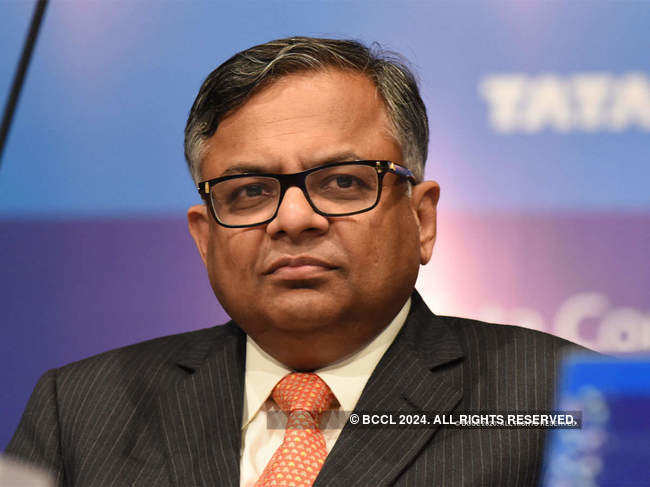
Drawing parallel with the Spanish flu a century ago, when the country came together to battle the disease that claimed 16 million Indian lives and the collective effort later set foundation for India’s independence struggle, Chandrasekaran said that this crisis will also be an opportunity for profound change. “A century ago, the response to a pandemic inspired a movement that became the change that people saw in the world. That is what we have in our sights now.”
Chandrasekaran said that even where our education and health systems are world-class, a majority of the country’s vast population does not have access to them. Digital technologies can help overcome this challenge.
However, the country needs newer systems which are not just a virtual replica of the current systems, he said. There need to be revolutions in education and health technologies that improve access for the entire population.
For example, the education systems needs to be designed on principles of digital skills, 21st century skills, new-age apprenticeships, life-long learning and entrepreneurial thinking. And the digital tools can empower this system by making education affordable as well as advanced by providing insights into the progress of individual students.
Discover the stories of your interest

Similarly, in healthcare, India needs over 600,000 more doctors who are more evenly spread across the country to serve the needs of the entire nation. Here, digital technologies can help by improving the reach of healthcare professionals while also making their jobs more efficient. Doctors waste unnecessary time on menial tasks which can also be handled by digital systems or non-medical professionals with minimal training.
Digital technologies can also empower women, smaller businesses as well as other under-served segments of the society, the Tata Group chairman said.
“Using technology the right way, with targeted interventions, India can remove long-standing access barriers to vital services for everyone. By opening up a world opportunity for women and entrepreneurs we can strengthen our economy and transform the lives of millions.”
















 Get Unlimited Access to The Economic Times
Get Unlimited Access to The Economic Times
